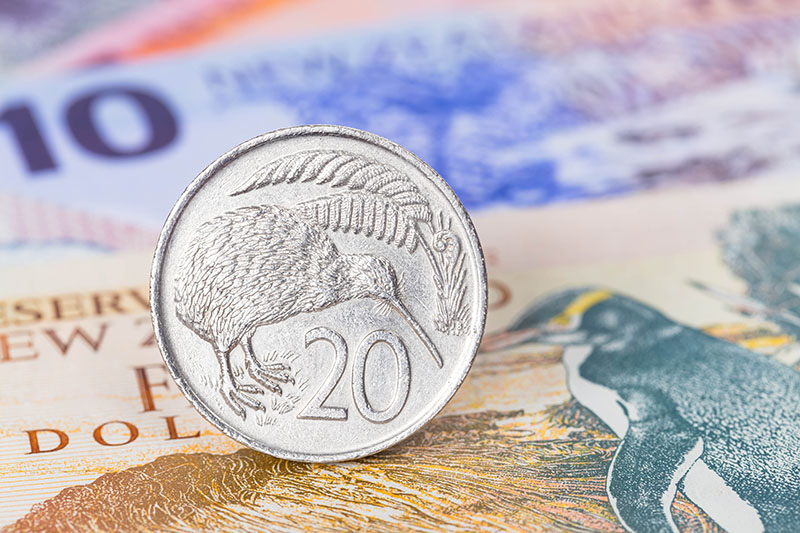Street Calls of the Week
* NZ dlr falls most in 4-1/2 mths to $0.7252
* Ruling National Party fell short of majority at elections
* Aussie up on euro after inconclusive German elections
* A$ treads water on U.S. dollar at $0.7961 (Updates with fresh levels, analyst quote)
By Wayne Cole and Swati Pandey
SYDNEY, Sept 25 (Reuters) - The New Zealand dollar sank the most in 4-1/2 months on Monday after an inconclusive general election, leaving investors likely facing weeks of political horse-trading before a government is formed.
The New Zealand dollar NZD=D4 skidded 1.1 percent to $0.7252, after breaking chart support at $0.7280 in early trading. That marked the biggest one-day percentage decline since early May.
Prime Minister Bill English's National Party won the largest number of votes in Saturday's election but not enough seats to rule outright, giving the nationalist New Zealand First Party the balance of power. kiwi is the world 11th most-traded currency, often sought out by investors for its attractive yields and the nation's strong credit ratings as well as stable political and economic institutions.
The election results so far gave 58 seats for National in the 120-seat parliament and 45 for Labour. New Zealand First (NZF) has nine seats and the Green Party has seven.
"Despite the disappointing result versus National, the Labour leader still isn't completely out of the running as yet," said Sean Keane, a director at Triple T Consulting who works under the umbrella of Credit Suisse (SIX:CSGN).
Labour's Jacinda Arden told reporters on Monday she would reach out to NZ First's Winston Peters for a likely coalition. Peters, however, has so far refused to commit either way.
"Whether or not Ardern is successful in her efforts...will be determined over the next few weeks," Keane added.
The presence of Peters' party was a sticking point for markets, analysts said, since some of its policies were unpopular with investors.
Those proposals include limiting immigration and tighter restrictions on foreign investment.
The Australian dollar also gained on the kiwi, rebounding to NZ$1.0963 AUDNZD=R and off a six-week low around NZ$1.0774.
The Aussie was mostly flat on its U.S. counterpart at $0.7962 AUD=D4 but gained on the euro after a German election left Chancellor Angela Merkel's party with fewer seats.
Merkel won a fourth term in office on Sunday but will have to govern with a far less stable coalition in a fractured parliament after her conservatives shed support to a surging far right. building could take months as Merkel's only straightforward path to a majority in parliament would be a three-way tie-up with the Liberal Free Democrats and the Greens -- an arrangement untested at national level.
That saw the euro ease to A$1.4970 EURAUD= , having been as high as A$1.5108 on Friday.
New Zealand government bonds 0#NZTSY= were a touch higher with yields about half a basis point lower across the curve.
Australian government bond futures eased, with the three-year bond contract YTTc1 down 1 tick at 97.8000. The 10-year contract YTCc1 slipped half a tick to 97.1700. (Editing by Sandra Maler & Shri Navaratnam)
